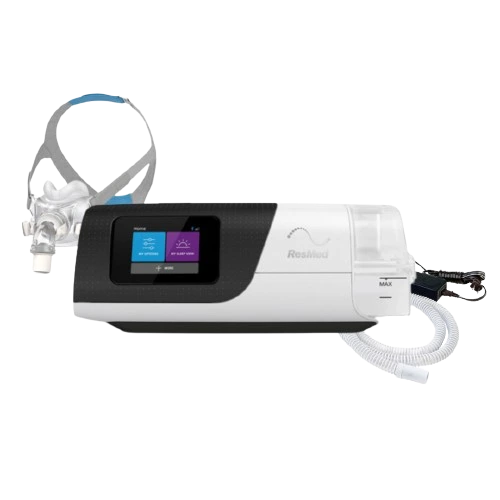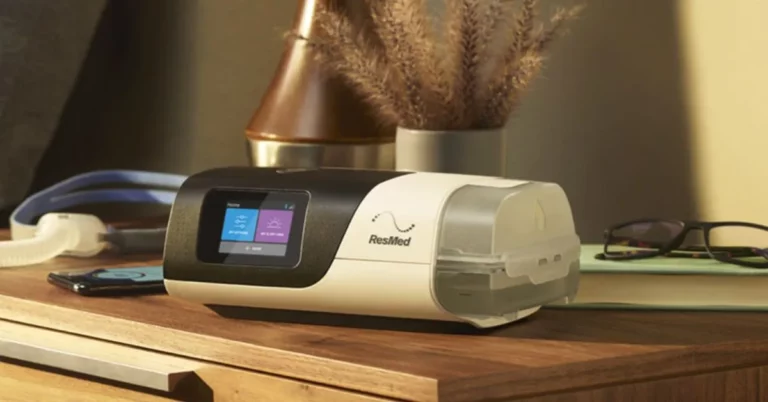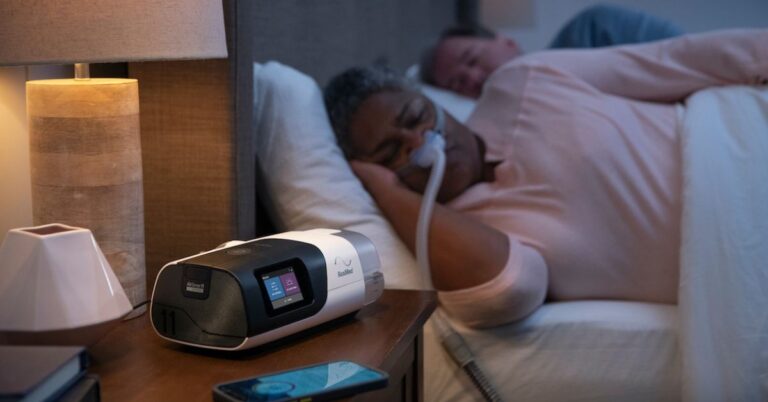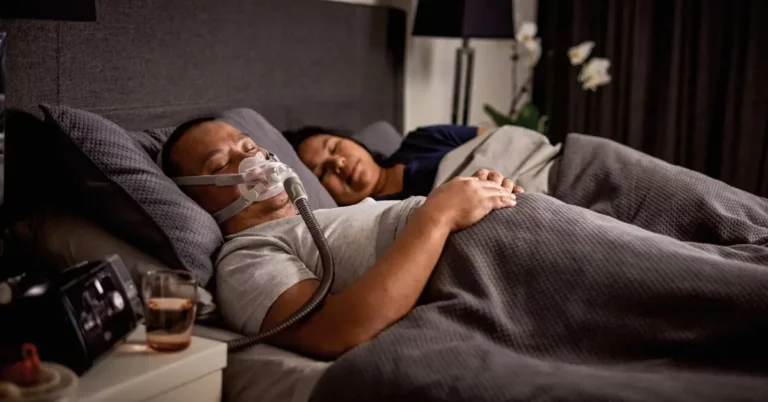Sleep Therapy
Want to learn about getting sleep therapy equipment and supplies through your insurance? Fill out the form on this page to get in touch with our product experts.
We're Here To Help!
Qualify through Insurance
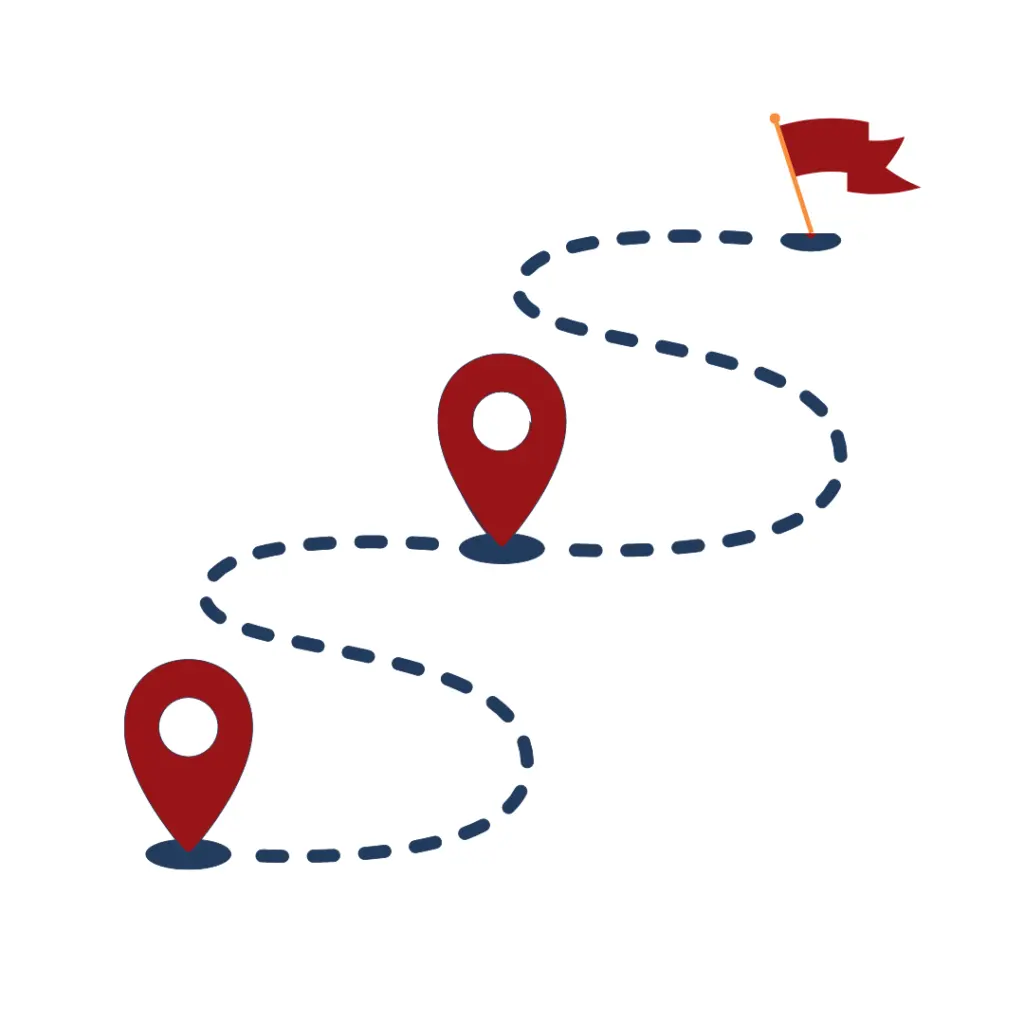
1 - Schedule Your Sleep Test
If you have not previously been diagnosed with a sleep disorder, call your doctor to schedule a preliminary evaluation and referral to see a sleep doctor. Once your evaluation and sleep test have been completed, confirming your need for a positive airway pressure (PAP) device, your sleep doctor will prescribe one for you.
2 - Send Us Your Prescription
Send us your sleep therapy prescription, including device settings if applicable, and insurance details directly or through your doctor. Prescriptions can be faxed to 972.572.1112 or emailed to resupply@universalmedsupply.
3 - Insurance Verification
Once we receive your prescription and insurance details, we will verify your insurance and our ability to provide you with our products and services. Rest assured, if we are unable to support you through your insurance, we will help you find a provider that can.
4 - Documenting Medical Necessity
Our team will work with you and your doctor to obtain the medical records and the sleep test results required to qualify you for the sleep therapy products you need through your insurance. Our goal is to make the documentation process as smooth and hassle-free as possible, while securing funding for your products.
5 - Insurance Authorization
6 - Delivery
Once your order is ready for delivery, we’ll give you a call to discuss our delivery options. If you need guidance with the features and functions of the sleep products provided, our support team includes licensed Respiratory Therapists who are available to assist.
Sleep Therapy Products
CPAP Machines
Continuous Positive Airway Pressure (CPAP) machines are medical devices used to treat sleep apnea. The devices are programmed, based on doctor’s orders, to deliver a single constant flow of air through a mask worn during sleep. Typically these devices come with a modem or removable drive to communicate and capture sleep therapy data, such as usage, to assist your doctor with setting changes to achieve optimal therapy outcomes and to provide evidence of use to meet insurance requirements.
BiPAP Machines
Similar to CPAP machines, BiPAP (Bi-level Positive Airway Pressure) machines are medical devices used to treat sleep apnea and other complex respiratory conditions. Unlike CPAP machines, these machines are typically programmed to administer two distinct pressure levels: a higher level during inhalation and a lower level during exhalation. In order for individuals to qualify for BiPAP machines through insurance, typically the use of a CPAP machine must be tried and ruled out as an effective solution.
Just as important as the devices are to getting a good night’s rest, the comfort and replenishment of the supplies used to deliver air into an individual’s airways are also important. To assist with ensuring comfort, manufacturers have designed different types of interfaces to suit an individual’s specific needs. Most insurances allow for the routine disposal of supplies to ensure sanitary therapy. Select each type of PAP mask or accessory below to learn more.
Full Face Masks
As the most common mask, full face masks cover an individual’s nose and mouth, providing a secure and comfortable seal to deliver pressurized air to keep an individual’s airways open during sleep. These masks use a soft, silicone, or gel insert that rests on an individual’s skin to cover their nose and mouth. These masks are most effective for individuals whose breathing can shift between their nose and mouth during sleep.
Nasal Masks
Nasal masks come in two distinct types, nasal cushions and nasal pillows. Typically these two types of mask inserts use the same nasal mask component, but the cushion used with the mask is either a single cushion that goes over both nostrils, or a single cushion that has two holes that rest over each of an individual’s nostrils. Nasal cushions are more common than the use of nasal pillows.
Full Face Cushions
Nasal Cushions
Nasal Pillow Cushions
Nasal pillow cushion masks cover each of an individual’s nostrils only, providing a secure and comfortable seal to deliver pressurized air to keep an individual’s airways open during sleep. These masks use a soft, silicone, or gel insert that rests on the edge of each nostril. These masks are most effective for individuals who primarily breath through their nose during sleep or for individuals who require the least amount of contact between a mask and their skin.
Headgear
Tubing
Filters
Due to the air intake required by PAP machines, the devices have disposable filters designed for more frequent changes and are typically made of lightweight materials like paper or synthetic fibers, or non-disposable filters constructed from durable materials like metal, foam, or woven fabric. Device filters work to ensure clean air circulates into the device.
Why Choose Us
- Nationwide Medicare Supplier
- Most Medicaid & Commercial Insurances Accepted
- End to End Care Coordination Expertise
- Respiratory Therapist Support Available
As the prevalence of sleep disorders grows, we recognize the importance of addressing conditions, such as sleep apnea, to enhance your overall well being through a good night’s rest. As a result, we offer the latest technologically advanced products with the highest quality,
while working with you, your doctor, and your insurance for you to achieve the best sleep possible. As we all become increasingly aware of insights our personal health data offers, we are proud to offer products that provide personal access to your sleep statistics.
Our sleep therapy product specialists have the expertise to help you navigate the process with ease. Fill out the form above to be contacted by a sleep specialist or give us a call today at 866.864.6332 to learn more.
Frequently Asked Questions
What factors should I consider when choosing the right positive airway pressure (PAP) mask?
Does Medicare pay for sleep therapy products?
Insurance typically covers most of the cost of sleep therapy products, but your share can depend on your specific plan’s deductible and coinsurance rates. For example, traditional Medicare covers 80% of the cost of a power wheelchair after your deductible has been met. Afterwards, if you have secondary insurance, such as a supplemental or Medicaid plan, these plans will typically cover the remaining 20%. If you have a Medicaid plan as your primary payer, there is typically no cost for you.
What sleep products and supplies does Medicare cover?
Medicare covers CPAP and BiPAP machines, masks, tubing, headgear, and filters considered necessary for the use of aPAP device for the first 90 days of therapy. Continued coverage is determined based on the usage of the device and documented benefit of the therapy by a doctor within the first 90 days of use. Medicare does not cover accessories such as PAP device cleaners.
How often does insurance allow sleep therapy supplies to be replenished?
Generally speaking, masks and tubing are allowed every three months, while mask cushions are allowed monthly. Supply items such as headgear, non-disposable filters, and humidifier water chambers are allowed every six months. Disposable filters are allowed every month. Some insurances, including Medicare, allow a three month supply to be shipped at one time
Our Sleep Therapy Products
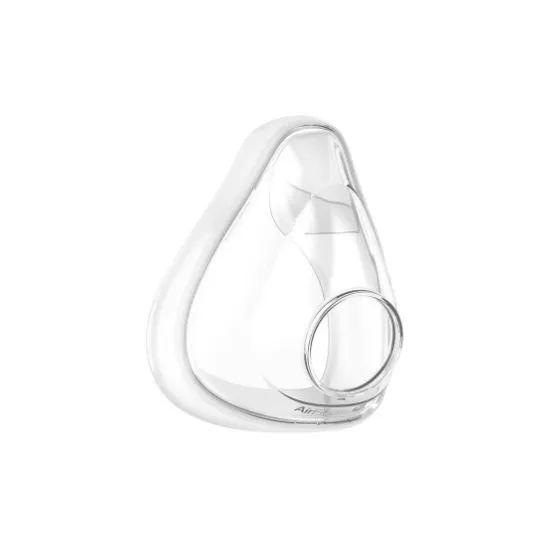
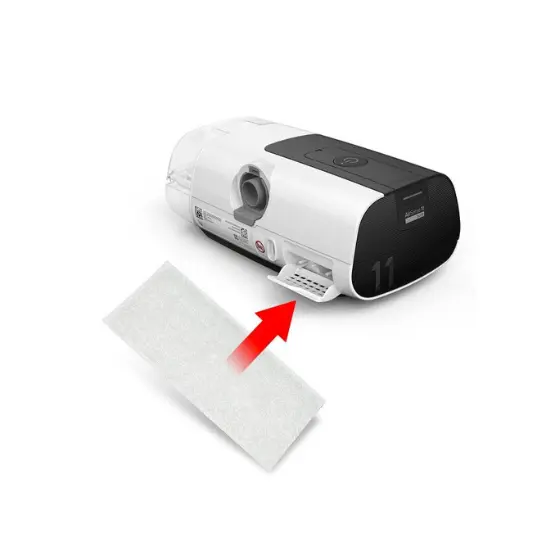
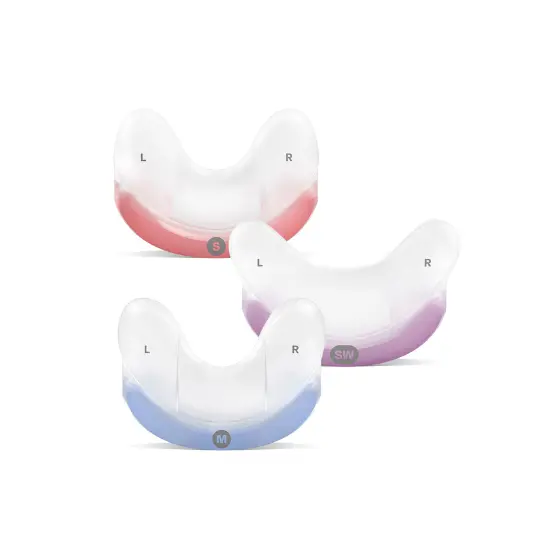
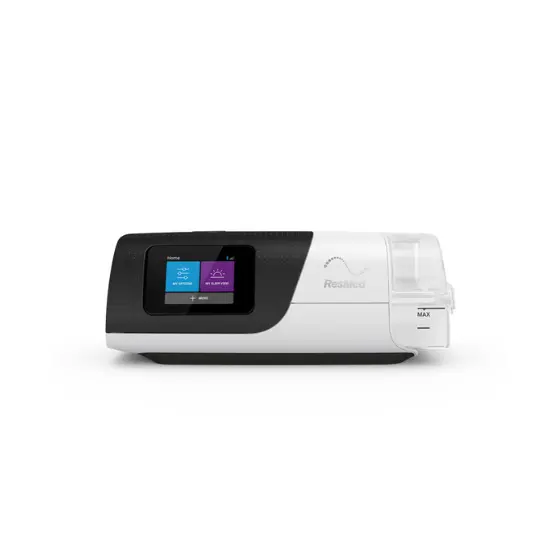
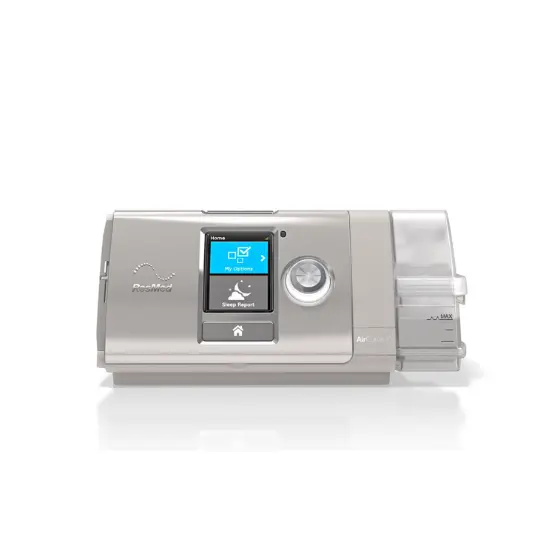
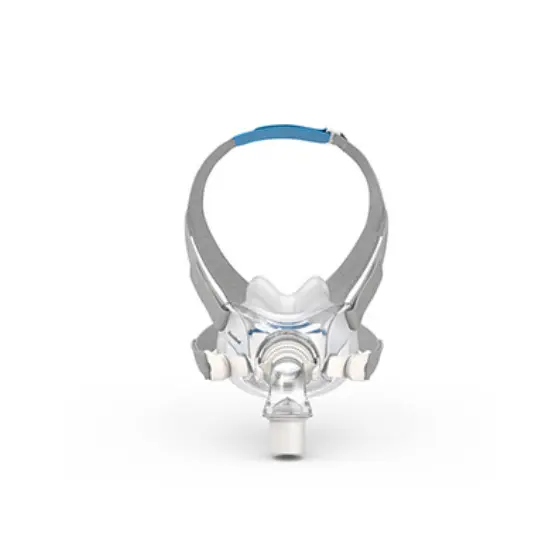
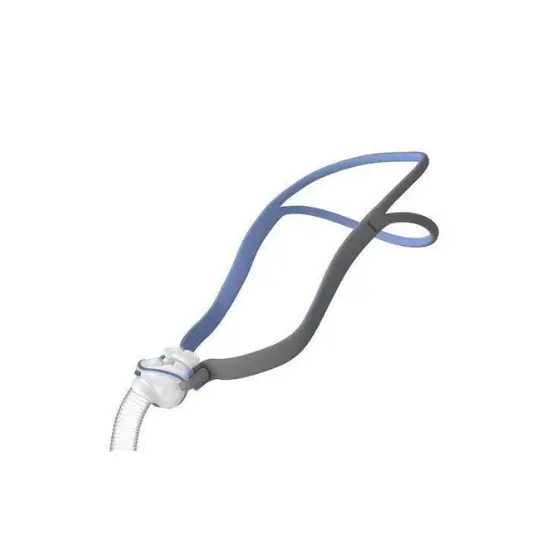
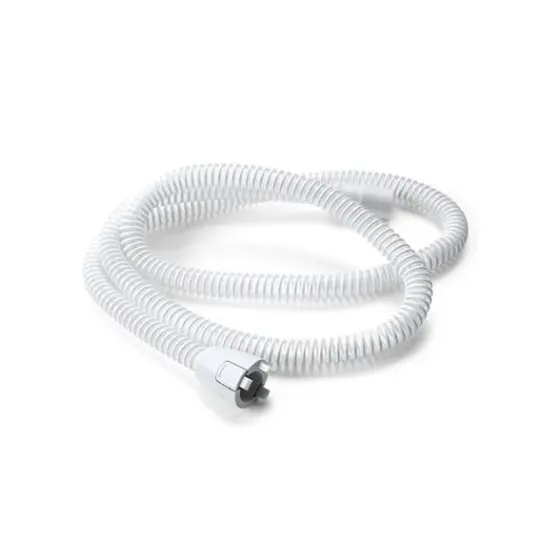
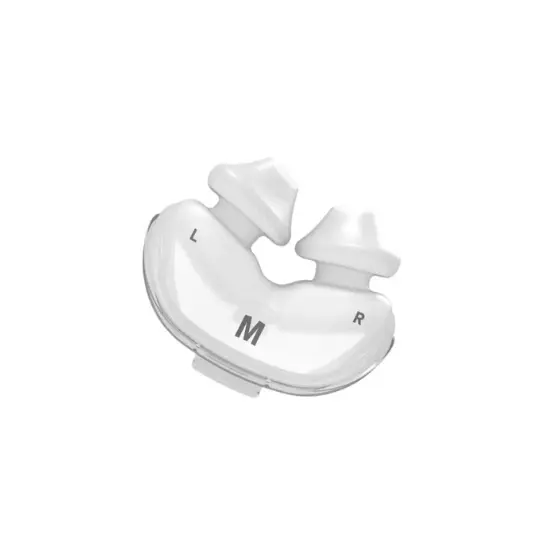
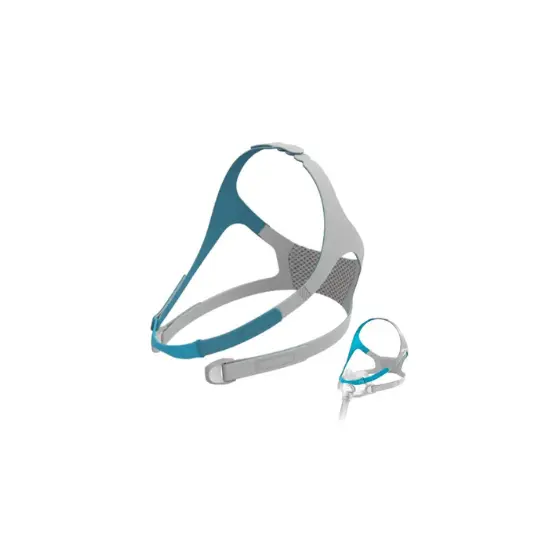
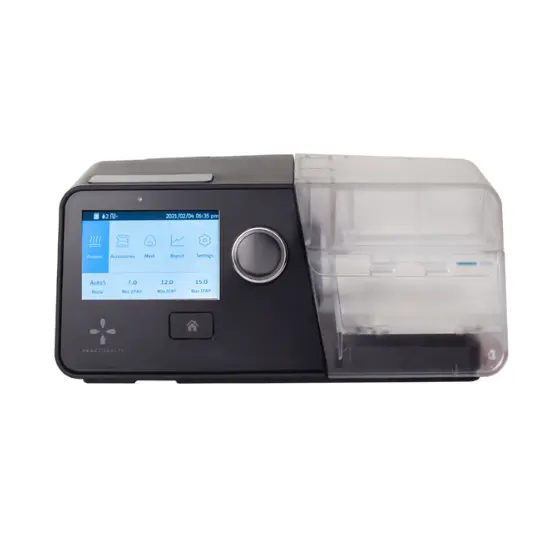
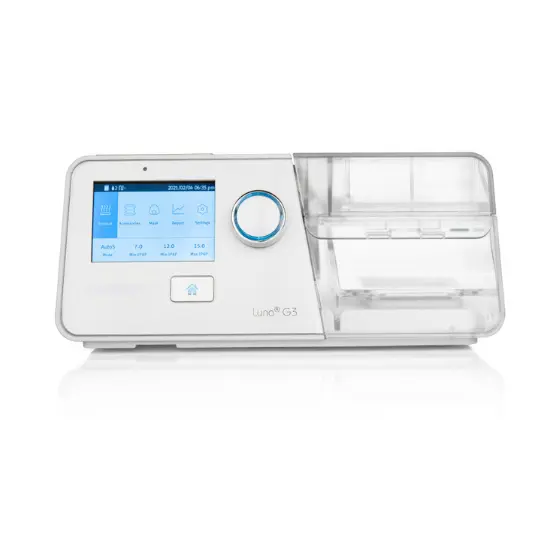
What Our Patients Say





